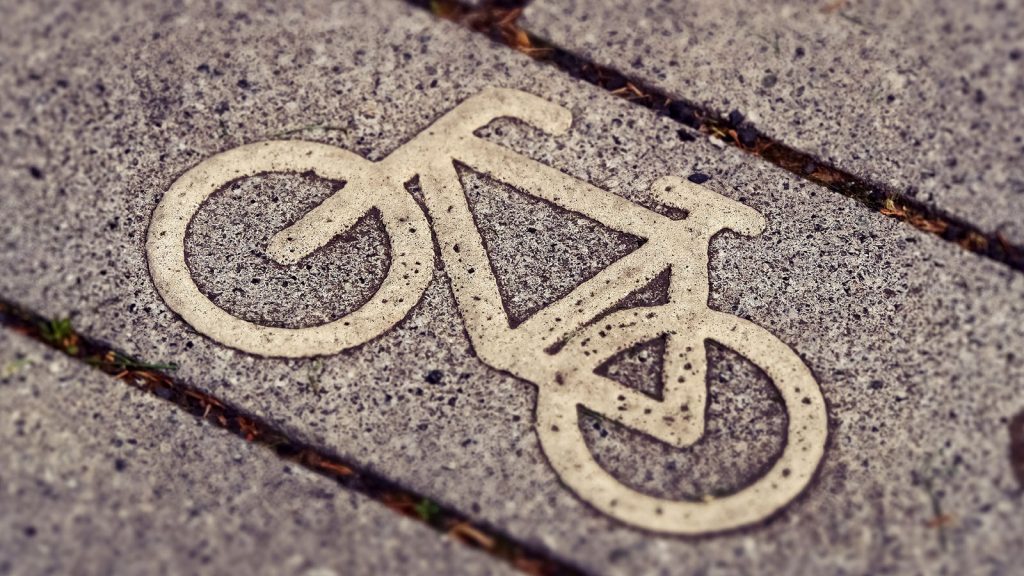It’s a brisk and sunny December afternoon in the Castro District as dozens of terminally ill patients line up outside of the home of the late Dennis Peron for free medical marijuana from the Sweet Leaf Collective for what just might be the last time.
Founded by a group of San Francisco bicycle messengers, who organized to deliver quality medicinal cannabis to HIV/AIDS patients back in 1996, Sweet Leaf is one of the original compassionate care providers in California. Now providing in excess of 100 pounds of herb per year to more than 150 low-income, terminally ill patients, Sweet Leaf finds itself facing imminent shutdown as California’s recreational marijuana act, Proposition 64, begins to enforce its requirement that all providers of marijuana, regardless of commercial or nonprofit status, start paying taxes on the products they distribute come January 2019.
The volunteer-run Sweet Leaf, which has never charged for the cannabis it distributes and earns no income, paying the tax is simply not possible.
“Because there is no distinction between non-commercial and commercial cannabis, all cannabis is seen as commercial,” said Joe Airone, who founded the collective more than 20 years ago. Airone has established a stable of cultivators and producers who donate free cannabis flower and products to be distributed by Sweet Leaf.
“I have talked to multiple different experts in the industry and heard back figures between $ 20,000 and $200,000 that we would be required to pay in taxes,” Airone told Weedmaps News.
“Just the cultivation tax on a pound alone is $150. Then there is also an excise tax, the sales tax and also a few other taxes,” Airone said. “For example, today we are giving away over 40 pounds of cannabis and so right there, we are talking about $6,000 or $7,000 that we would have to be paying just on this.”
Although Sweet Leaf usually delivers its free cannabis by bicycle, today the organization is operating out of the Castro Castle, the home of Peron, an icon of cannabis culture who authored the country’s first medical marijuana law, California’s Proposition 215, and co-founded the first public dispensary, the San Francisco Buyers Club. Sweet Leaf set up shop there not just to call attention to its plight, but also because the collective is distributing much more than usual in an attempt to supply patients for at least six months into 2019.


For many of these clients, the free cannabis that Sweet Leaf provides is a matter of life and death.
“If it wasn’t for Sweet Leaf and the weed they have given us, I would have wasted away,” said Brian Reasoner, 52, who has been receiving regular cannabis deliveries from Sweet Leaf for more than five years.
“It allowed me to regain my appetite. It allowed me to eat again,” he said, explaining how a bout of vasculitis, which often results in organ damage and aneurysms, became more severe a year ago, causing regular vomiting and a loss of appetite.
“It was three months of stomach problems and weight loss, I was literally like a walking waterfall,” Reasoner told Weedmaps News. “The marijuana helps me to eat and get the weight back, otherwise I wouldn’t be here today.”
For Katie, 64, who is HIV-positive and wished to keep her last name anonymous, the cannabis provided by Sweet Leaf has allowed her to stop taking the opioid painkillers she was prescribed to counter symptoms of her other prescribed medications.
“I was on morphine and now I am completely done with that,” she told Weedmaps News.
“I couldn’t afford the (cannabis) medicine on my own, so this has been a complete lifesaver,” she said, adding that the painkillers made her feel sick and the cannabis gives her no bad side effects.
“I don’t know what I am going to do now without them. I am on a fixed income so I might have to go back to pain meds, and that would be awful,” she said.
But Airone and the Sweet Leaf crew are hoping it won’t come to that. Along with other champions of compassionate care, they are turning their attention to backing a fast-tracked new senate bill that would grant an exemption from paying taxes to them and other compassionate care providers in the new legal cannabis landscape.
Introduced by Democratic state Sen. Scott Weiner, who represents San Francisco, SB 34 makes an amendment to Proposition 64 that allows donated cannabis and cannabis products to be free from the taxes levied against marijuana purchased on the commercial market. The bill has nearly unanimous bipartisan support in the Legislature.
“When the Republicans saw this bill, they were going to vote no, because they saw it as just Republicans voting no on another cannabis bill. But there are a bunch of veterans’ compassionate care projects, and they give away free cannabis to veterans that are suffering from PTSD. It’s a major issue,” Airone said.
“There’s 22 veteran suicides a day and cannabis is one of the best medicines that is helping people with PTSD from committing suicide and so, these veterans were able to flip the issue from Republicans voting no on a cannabis issue to Republicans voting yes on a veterans’ issue.
“And that’s how we got all this support,” Airone said.
SB 34 is an emergency Senate bill, and if passed it could be implemented as early as June 2019. California Gov.-elect Gavin Newsom has been cannabis friendly as one of the first in statewide office to support adult-use cannabis.
“That’s really what we are hoping for,” Airone said. “Right now, we are giving each of our patients what we hope is a five or six months’ supply for them so that when this cannabis runs out, we are just hoping that SB 34 will be approved and that we will be able to function again.
“It will be different because there is no legal framework for cannabis non-profits and so we will have to work with dispensaries, but at least no one will be on the hook for these taxes.”











